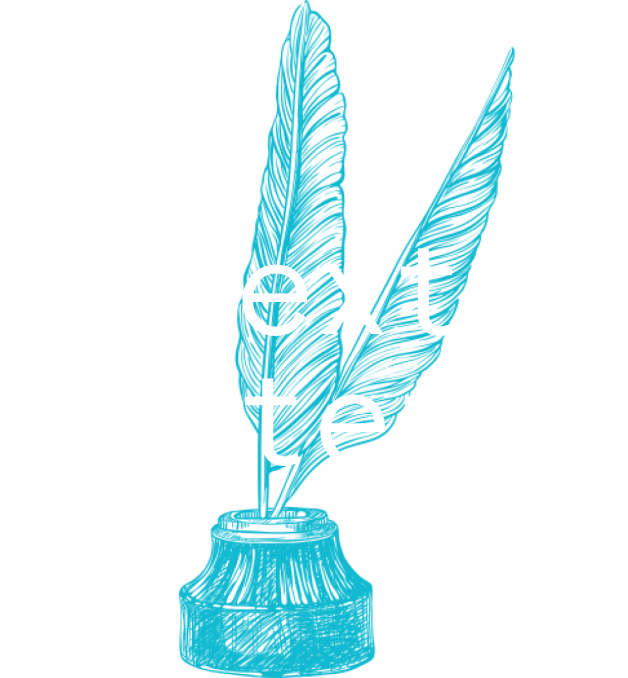September 18, 2015
coming attractions
Regular readers of this blog may remember a few months ago some posts revolving around 79 Theses on Technology that The Infernal Machine graciously published. I got some good feedback on those theses — some positive, some critical, all useful — which allowed me to deepen and extend my thinking, and to discern ways in which it needed...


